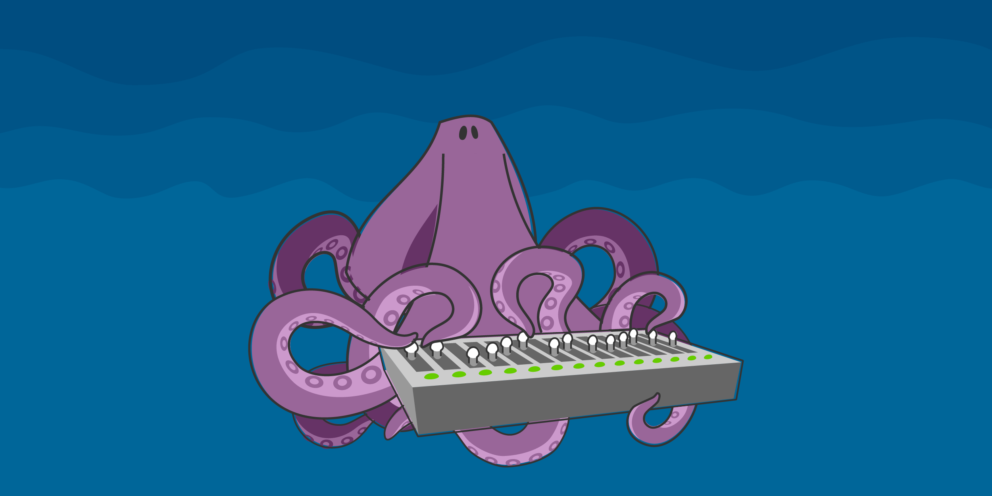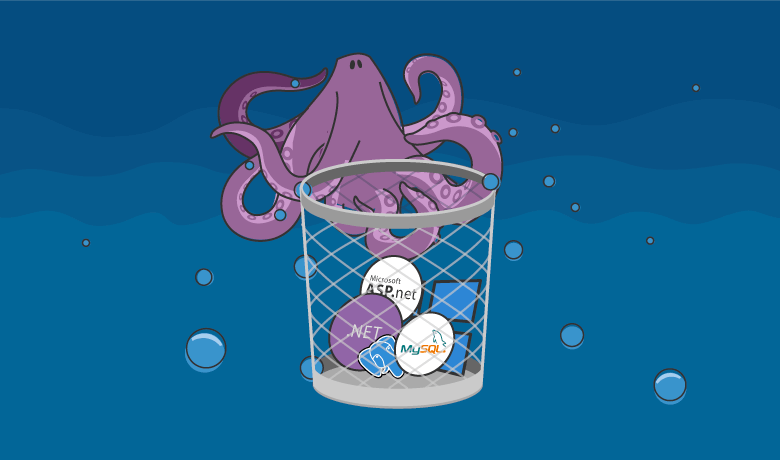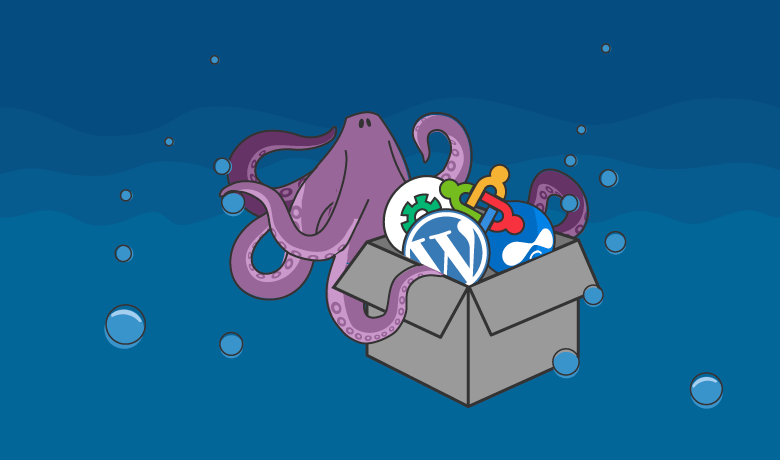Introduction

If you’re not an experienced systems administrator then it’s highly recommended that you choose a web hosting plan that lets you manage your server space through a control panel with a graphical user interface (GUI).
Even if you are experienced in server management a graphical control panel could help you save time and work more efficiently.
When it comes to GUI-based control panels, cPanel is one of the most popular options around. Not only is it widely used, but it also makes web hosting management relatively straightforward.
However, due to its popularity, there are countless cPanel hosting providers and plans to choose from. This can make it time-consuming and difficult to find the best option for your needs.
In this guide to choosing the best cPanel hosting, you will learn the pros and cons of cPanel to ensure it’s the right control panel for you. Finally, we will cover what to look for in the best cPanel hosting plans and what you need to pay attention to when making your final decision.
What is cPanel Hosting?

There’s a lot that goes into setting up and managing an online presence. Not only can it include installing web applications such as WordPress, but managing files, folders, and databases can also be necessary tasks. Then there’s configuring email accounts, creating and managing FTP access, and keeping everything backed up and secure.
These can all be difficult tasks to master. However, being able to take care of them through a control panel with a graphical user interface rather than on a command line can make them a lot easier.
That’s where cPanel comes in. Developed in March of 1996, cPanel provides a GUI-based management console to make the automation of system administration processes possible.
The purpose of cPanel is to make many of the server-side tasks easier for people with websites. These tasks go beyond the ones mentioned earlier, however. In addition to those, cPanel also helps website owners monitor the storage space and bandwidth on their servers. A quick glance shows them how much they have used, as well as how much they have left.
cPanel also enables site owners to monitor visitor statistics as well as the ability to access server logs if there is ever a need to troubleshoot an issue.
To summarise, cPanel hosting makes it possible to carry out a wide range of tasks via a graphic user interface, by clicking on icons and entering data through forms.
Who is cPanel Hosting For?

The cPanel hosting target audience is those who do not have a background knowledge or expertise in systems administration. However, as this type of hosting is widely available and highly affordable, even those experienced in server and system management may find themselves choosing cPanel hosting.
Those who host their websites on Windows servers will find that cPanel is not the web hosting control panel for them. cPanel only supports the different flavors of Linux operating systems. Due to this, even the best cPanel hosting providers will be unable offer this application to anyone that relies on Windows servers.
At one time, a version of cPanel for Windows did exist. Named Enkompass, development on this product ceased in 2012 and its end of life was declared in 2014. Version 3 of Enkompass still available for download, but there is no support or upgrades available for it.
Pros of cPanel Hosting

From what you have already seen, the largest benefit to cPanel is how easy it makes managing the back-end of your website, server space, and features of your hosting account.
Simplifies administrative tasks
Administrative tasks like setting file and folder permissions are done through a graphical interface. You don’t need to worry about the command line, which is intimidating if you are not familiar with it.
Reduces human error
Accessing everything through a GUI also makes mistakes less likely. With the command line interface, one wrong keystroke has the potential to leave your server unsecured or wiping out everything on your server.
Website management is more user-friendly
The relative ease of use of cPanel makes web hosting accessible for a wider range of people. Without cPanel hosting, businesses would need to have a full-time systems administrator on staff to handle basic web server management tasks.
Many small businesses and personal or hobbyist websites and blogs wouldn’t be possible without having to pay extra for managed services.
Leading web hosting control panel software
Another benefit to cPanel is its popularity. Most hosting providers that offer Linux servers offer cPanel, as can be seen from the image below.

This means that if you need, or want, to change hosting providers you will likely find one that offers cPanel. This makes switching much easier because you have a control panel you are familiar with.
Generally easy to use
cPanel is also extremely easy to use. It doesn’t have a sleek, stunning interface. However, what it lacks in aesthetics it makes up for in usability. The navigation is straightforward and all the tasks that it helps you perform are neatly organized for quick access.
Supports a wide range of third party software
cPanel also makes it easy to install a wide range of software on your server space. Typically this takes just a few clicks, saving you time, effort, and risk.
For WordPress users, for example, cPanel provides a tool with their latest version, that allows users to manage a WordPress site directly from cPanel itself.
For system administrators, tools such as email abuse notification and backups to Google Drive make things like security and disaster recovery even easier.
Cons of cPanel Hosting

As stated earlier, the main drawback to cPanel is the fact that it does not work with Windows servers. So if you are running a site that relies on the .NET framework, ASP, or ColdFusion you cannot benefit from the functionality of cPanel.
The same is true if you require MS SQL for your database. While there is support for MySQL and PostGreSQL, Microsoft databases do not work with cPanel.
In addition to the lack of support for Windows, cPanel also no longer supports BSD, the Berkley Software Distribution of UNIX.
Some people also find that working with open source software to be a better option. Since cPanel is a proprietary control panel it is not free to modify or free of costs.
Open source options like Webmin are a good alternative if this is a requirement.
What to Look for when Choosing a cPanel Host

Most of the popular web hosting providers offer cPanel with their Linux packages so finding the best cPanel hosting is challenging. However, you can make this much easier by knowing what to look for.
Value for money
Obviously, cost is a factor for most. Since cPanel is limited to Linux, these hosting packages are generally less expensive than Windows hosting packages. This comes from not having to pay for Windows licensing fees.
If a hosting provider charges extra for cPanel, you can easily find another host that includes it in their base package.
User support
The other thing to look for is the level of support the hosting provider offers. While cPanel makes things much easier, there is a learning curve to using it.
The best cPanel hosting companies provide support if you need help. Not only this, but they provide documentation and instructional videos to show you how to use cPanel. Be sure to check out the cPanel documentation on the websites of any hosting companies you are interested in.
What to Pay Attention to When Choosing a cPanel Host

When choosing a cPanel hosting provider, you want to make sure that they are using the most up-to-date, stable version of the software.
The other thing you need to pay attention to is what plugins the hosting provider offers for cPanel. While cPanel on its own makes things easier, the addition of certain plugins enhances its capabilities.
At a minimum, the best cPanel hosting providers offer the file installer as part of their package. This makes it easy to install third-party web applications, such as WordPress, and build the databases that they rely on. Softaculous is a popular tool that makes it easy to install many applications from within cPanel in just a few clicks. Although there are other options.
Without this type of feature, you will need to download the software and upload it to your server to install it. This often requires you to change file and folder permissions where the file installer will take care of all of this for you. You simply choose the applications from a library and the work is done for you.
Other plugins, such as the WordPress manager, are nice additions as well. Look for hosting providers that offer features that are relevant to your project.
Conclusion
Web hosting control panels make life easier for website owners. cPanel is among the best, and most well-known of these tools. If you are using a Linux hosting package, then you definitely want to make sure that your provider offers cPanel as part of their basic package.
cPanel has earned its reputation over its 20+ years of existence. It is easy to use, lightweight, and scalable due to the different plugins that are available for it.




